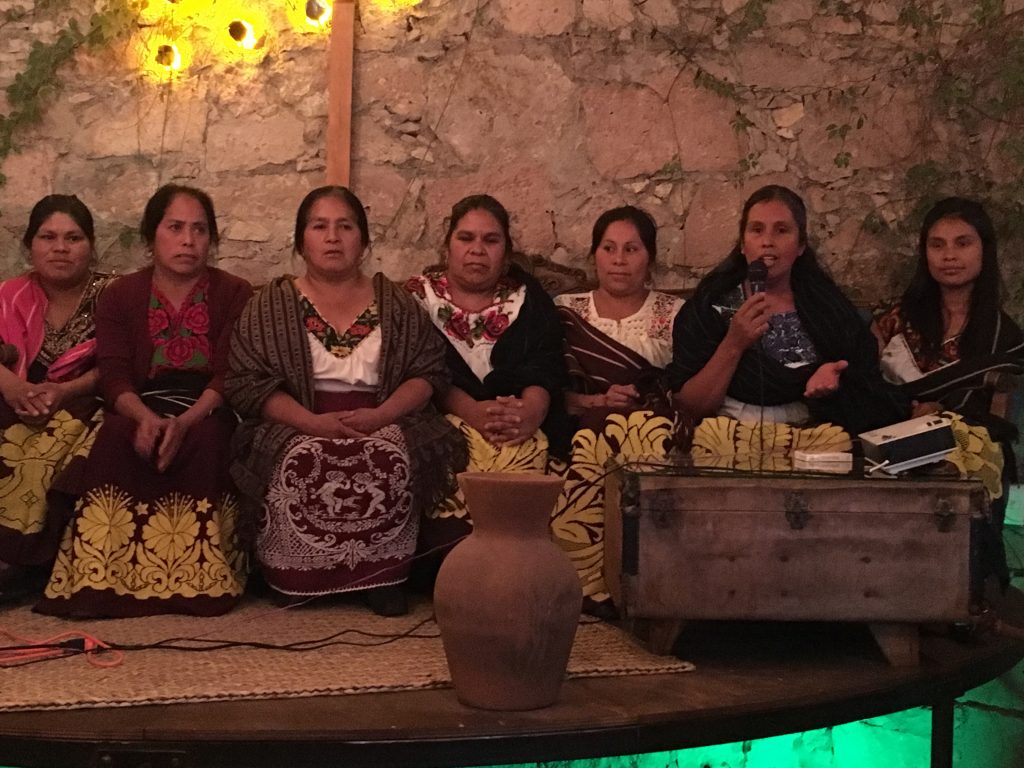Mexico: Barro Aprobado/Lead-Glazed Pottery

- Ingestion
- Soil
- Direct contact
- Health Services Morelos (SSM.gob.mx) and Commission for Protection Against Health Risks of the State of Morelos (COPRISEM): Health Promotion with recommendations for preventing health risks to popular restaurants.
- Health Secretary Morelos (SSM.gob.mx) and Mexican Institute of Social Security (IMSS.gob.mx): Participation in the program to determine blood lead levels at Morelos.
- National Institute of Public Health (INSP.mx): Coordination, design and implementation of determining blood lead levels.
- National Institute of Neurology and Neurosurgery (INNN.salud.gob.mx): Support for conducting laboratory studies to determine blood lead levels.
- Hundred Group: Promotion and dissemination of the strategy.
- Zícaro Foundation (Zicaro.org): Training and counseling on issues Tlayacapan potters professionalization (use of information technology, marketing, legal, etc.)
- Interuniversity Association Environmental Group (Gaia.org.mx): Sale of lead test kits and support dissemination.
- Blacksmith Institute (BlacksmithInstitute.org) Barro Approved funding for implementation.
- Promotora Social México (PSM)
- HSBC Mexico
- Fundación Merced
Widespread low-level lead poisoning is one of Mexico’s most critical, yet unknown public health concerns. Up to 20% [1] of Mexicans are poisoned by the pottery they use for daily meals. Lead in traditional pottery glaze mixes with acidic foods–like coffee, chili peppers, tomatoes and lemons–-and quickly enters bodies’ digestive systems and bloodstreams.
Even at low-levels, lead exposure has been shown to significantly impair healthy brain function, particularly in children.[2] Lead poisoning damages the area of the brain that controls anger response and has been linked to increased violent behavior. It is also strongly associated with intellectual impairment.[3] Lead also causes premature death from cardiovascular disease. The levels of lead found in many Mexicans cause as much heart damage as that caused by a person smoking a pack of cigarettes a day.
While the use of lead glaze is illegal for pottery, enforcement has been absent. Today, tens of thousands of artisanal potters continue to manufacture pottery using leaded glazes. These potters are usually indigenous and poor, relying on the manufacture of this pottery for their livelihoods, and unaware that lead is toxic.
Pure Earth’s Barro Aprobado project is working to raise public awareness about the dangers of leaded pottery and promote the use and production of lead-free pottery. This includes helping potters make the switch to using a lead-free glaze. Other work involves educating restaurants and hotels, encouraging them to switch to lead-free pottery for cooking and serving. Both restaurants who convert, and potters who go lead-free, are given certification, along with posters and materials showing they do not use lead. Lead-free pottery is stamped with the Barro Aprobado branding.
Pure Earth’s Barro Aprobado project is active in Morelos, Puebla and Mexico City. The program has converted over 100 potters who are now lead-free, and more than 40 restaurants that are using lead-free cookware. Blood lead levels of children being monitored were reduced by 65% or more within 6 months.
Visit the Spanish Language website: http://barroaprobado.org/;
[1] ENSANUT study, INSP, prelim results
[2] Landrigan, et al. Commission on pollution and health. Lancet, October 2017
[3] Lanphear et al. Low level lead.. Childrens Intellectual Function. Environmental Health Perspectives 2005
Learn more in The Pollution Blog:
https://www.pureearth.org/blog/mexicos-traditional-potters/
https://www.pureearth.org/blog/survey-confirms-over-1-million-children-with-elevated-lead-levels-in-mexico-pottery-is-main-source/
https://www.pureearth.org/blog/lead-poisoning-in-newborns-the-story-of-baby-x-in-mexico/
.
